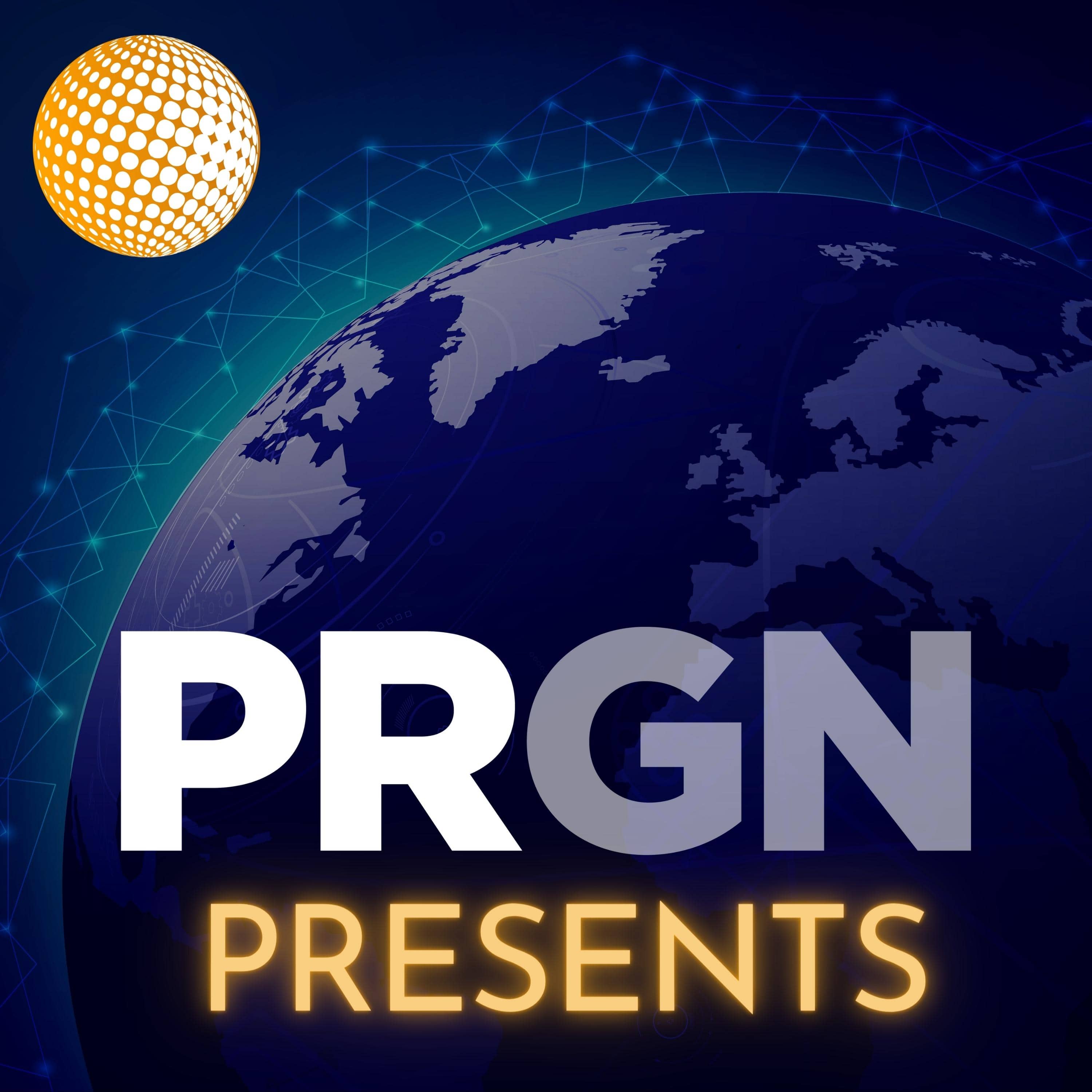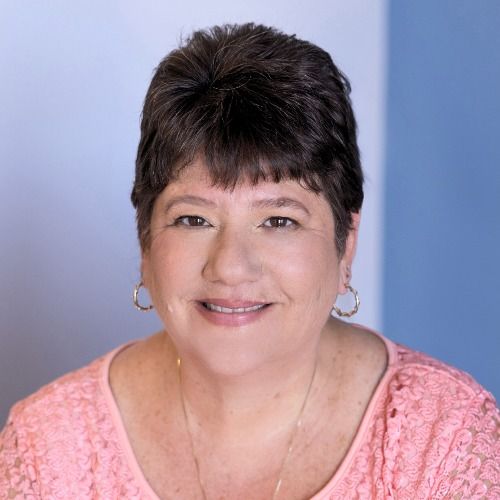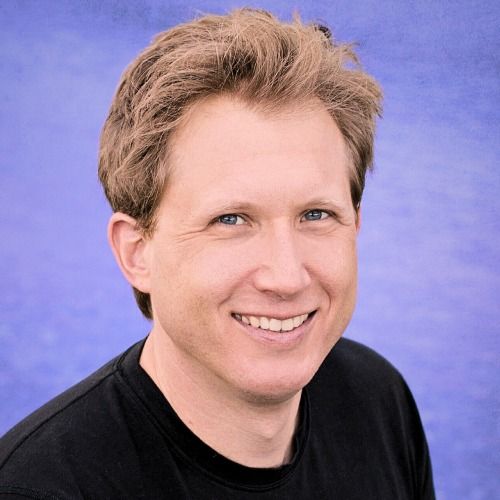S2 E11: Lobbying the European Union with Natacha Clarac
"Lobbying is not about buying influence. It's about building relationships."
Natacha Clarac discusses the importance of ethical and professional lobbying and how it is different from public relations. She explains that in the European context, lobbying is an open and democratic process that involves many stakeholders, including businesses and NGOs, in policymaking.
About the Guest
Natacha Clarac is managing director of Athenora Consulting, a leading independent European public affairs firm based in Brussels where she as been a lobbyist for nearly 20 years. Natacha provides political briefings, training programmes and consulting to various clients in order to raise their voice in the EU arena with adequate tools and the right message. She is committed to promoting ethical and professional lobbying to build a better society through dialogue and mutual understanding. Natacha loves designing and implementing smart lobbying strategies to achieve objectives and overcome challenges. Over the years she designed and carried out many lobbying campaigns on behalf of clients, giving her a very comprehensive expertise of lobbying at European level. She has also developed specific tools for coalition building and alliances. Natacha is a lecturer at Sciences-Po Aix-en-Provence and she also contributes to seminars at ESSEC, EIPA and ENA. In 2011 she co-wrote the lobbying chapter in the book “how the EU institutions work and how to work with EU institutions” and in 2012 she co-wrote the book called “EU lobbying golden rules”. Natacha graduated from Sciences-Po Aix-en-Provence and is a graduate from the Institute of European studies in Brussels.
About the Host
Abbie Fink is vice president/general manager of HMA Public Relations in Phoenix, Arizona and a founding member of PRGN. Her marketing communications background includes skills in media relations, digital communications, social media strategies, special event management, crisis communications, community relations, issues management, and marketing promotions for both the private and public sectors, including such industries as healthcare, financial services, professional services, government affairs and tribal affairs, as well as not-for-profit organizations.
PRGN Presents is brought to you by Public Relations Global Network, the world’s local public relations agency. Our co-host and executive producer is Adrian McIntyre with Speed of Story, a B2B communications firm in Phoenix.
Follow the Podcast
If you enjoyed this episode, please follow PRGN Presents in Apple Podcasts, Spotify, Google Podcasts, or any other podcast app. We publish new episodes every other Thursday. To have them delivered automatically and free of charge, just choose your preferred podcast player from this list, open the app, and click the button to “Follow” or “Subscribe” to the show: https://prgnpodcast.com/listen
Need to hire a PR firm?
Leading a business effectively in today's fast-paced world requires expert guidance and a strong communications strategy. No matter where you do business, PRGN has a member agency in your region with the deep industry expertise, international experience, and local market knowledge you need to connect with your target audience and achieve your goals. Find a PR firm near you »
Transcript
From the Public Relations Global Network, this is PRGN Presents. I'm Adrian McIntyre.
Abbie Fink:And I'm Abbie Fink, vice president/general manager of HMA Public Relations in Phoenix, Arizona and a founding member of PRGN. With public relations leaders embedded into the fabric of the communities we serve, clients hire our agencies for the local knowledge, expertise, and connections in markets spanning six continents across the world.
Adrian McIntyre:Our guests on this biweekly podcast series are all members of the Public Relations Global Network. They discuss such topics as the importance of sustainability and Environmental, Social, and Governance programs, crisis communications, content marketing, reputation management, and outside of the box thinking for growing your business.
Abbie Fink:For more information about PRGN and our members, please visit prgn.com. And now, let's meet our guest for this episode.
Natacha Clarac:Natacha Clarac from Brussels. Tiny little country, but the capital of lobbying.
Abbie Fink:And that's a topic I'm really excited to explore. You know, lobbying here in the US is a sort of a separate element to the communications involvement. A lot of us public relations agencies tend to make a clear distinction between what we think about as public relations and what think about as public affairs or lobbying. We think of lobbyists as those that are influencing change at the government level, working with elected officials and such. But it's an area that you and your firm are focusing on. And I'd really like to talk a little bit about lobbying and really how you think about it in terms of an important part of a communications effort. And how it's a different strategy in influencing change. So, Natasha, can you talk a little bit about your view of lobbying and maybe some best practices that businesses and organizations should think about if they're going to enter into a lobbying relationship with a firm and what outcomes they can expect?
Natacha Clarac:Yes. So in Athenora, we are a strategic and integrated public affairs communication services. For us, communication is a tool for the work of lobbying. We advise companies that face regulatory challenges on how to engage in ethical and professional lobbying. So what is lobbying? You're right, lobbying is too much stakeholders, that can be NGOs, trade unions, corporations, corporate business federation, and they have regulation that they have to comply with. But before those laws will have an impact, they are drafted by the EU decision-making makers, and we help to match stakeholders and decision-makers. And we truly believe that this is how democracy should work. Because to have an enlightened decision-making process, decision-makers should be aware of the stakes on what is feasible, what is achievable from law and from the field.
Adrian McIntyre:Natasha, you've just made a very important distinction that I want to underline so that audiences in other countries understand what you're saying. Because in the United States, for example, lobbying is typically seen as something shady that's done in the dark rooms by corporate interests trying to get lawmakers to adjust the policies in their favor. But what you've just painted a picture of is something very open and democratic, where many stakeholders from civil society organizations, all the way around, including business, of course, have input into a lawmaking process. Could you speak to that difference? Because I think for those of us that are only familiar with this kind of shady backroom deals aspect, it may be a completely different, unfamiliar world.
Natacha Clarac:You're right. I perfectly understand that lobbying has a bad image, it's true, because it's usually linked with heavy industries. But for me, lobbying is really a part of the democracy, of the decision-making process, on the public policy choices that has to be made by decision makers and by corporations, but also citizens or association NGOs. So I really believe it's a part of this democracy. It's to design better public policy. But you're right, there is a question of access to decision makers. And this is how companies like mine, working as professional lobbyists, we can help small companies. We also work for NGOs, to get access to decision makers.
Abbie Fink:And the decision makers, are they the policymakers, the lawmakers? Or are these just others that can impact decisions? Talk about the process a little bit in terms of establishing the relationships with those folks and who becomes an important part of your outreach efforts, who are you trying to be in front of and what do those conversations look like?
Natacha Clarac:You have two sides. One is direct lobbying. We organize a meeting with decision makers and my job is to make sure that the politicians who accept to open the door will get the most out of the meeting regarding the content, the messages that we share to them. We raise the awareness regarding what is happening on the ground. On the other side, we have indirect lobbying. How do we organize the community that will influence decision makers? It can work through the press, it can work through organizing conferences, working with think tanks, working with coalitions. It's part of the communication. So direct lobbying, we have direct contact with decision makers. Indirect lobbying, we organize all the channels of communication to repeat the same message.
Abbie Fink:Do you structure your programs differently if the business you're representing is there in the EU versus an organization that wants to come into one of the countries? Is it a different process?
Natacha Clarac:It will be the same steps. The first one is always information. What kind of information we can provide? Then we work on the stakes. What are the opportunities? What are the risks? Then we work on the mapping. Who are the key stakeholders? Who are the main decision makers that we have to integrate in our 360 communication? Then we work a lot on the content because we believe lobbying is not just about communication, creating noises, it's to provide insightful content for decision makers to make better informed choices. And finally, we go in direct lobbying actions that can be very broad: meetings, drafting position paper, sending amendments. We have full palettes of possible actionable work in terms of advocacy.
Adrian McIntyre:Since the early 90s, the organizations, the departments, the branches, the offices associated with what we just call “the EU” have developed a very sophisticated, technocratic way of administering policy. So again, from the outside, with many different political systems around the world, the nuance might be lost. On the mapping of the decision makers, could you just give us a little bit of an overview? It's not just Members of Parliament, although you have that. It's also specialized agencies and other things. So who are you lobbying? Obviously it going to vary from campaign to campaign, but could you give an overview of the landscape?
Natacha Clarac:Yes, the “Brussels Bubble” is very complex. We don't have one single center of command that will draft the law. There are three main institutions: the Commission, which is the executive power with the monopoly to propose a new initiative. It's made of commissioners that have the policy design and civil servants. Then we have to work with the Parliament, and the European Parliament is an amazing house where everything is possible. 700 Members of Parliament from 27 countries that try to go in the right direction, given the specific national background that they have, from Sweden to Spain, from Poland to Germany. It's a mess, but we beautifully go in the right direction all together. And then we have the Council representing the national interests of the 27 member states. So yes, it's a mess, but with the right strategy, you can find the way to highlight your interests and to be heard by decision makers because all those three institutions, they have in comments that they respect lobbyists, and they open the door to meet us.
Adrian McIntyre:So then on the client side, how do you find the right client spokesperson to attend these sessions? Give us a sense of how those interactions play out in real time.
Natacha Clarac:Let me give you some figures just to understand the “Brussels Bubble.” It's roughly 12,000 lobbyists in terms of structure, meaning roughly 50,000 people that are lobbying the European institutions. They come from Europe, they come from North America, from Asia. Every single part of the world wants to lobby the European institutions because if you want to have access to the European market, you have to comply with the rules. And before those rules come to life, you have the possibility to lobby and to design what will be the perfect regulation for you. I was surprised that when we were in Singapore for PRGN, I had a talk with Mark Paterson from Curie. And he was following from Australia the regulations that were built in Europe regarding ESG, what Europe is doing regarding due diligence. So the world is looking to what the European institutions are doing in terms of regulation. This gives you an idea of what we're doing here in Brussels.
Adrian McIntyre:Thanks for listening to this episode of PRGN Presents, brought to you by the Public Relations Global Network.
Abbie Fink:We publish new episodes every other week, so follow PRGN Presents in your favorite podcast app. Episodes are also available on our website—along with more information about PRGN and our members—at prgn.com.





